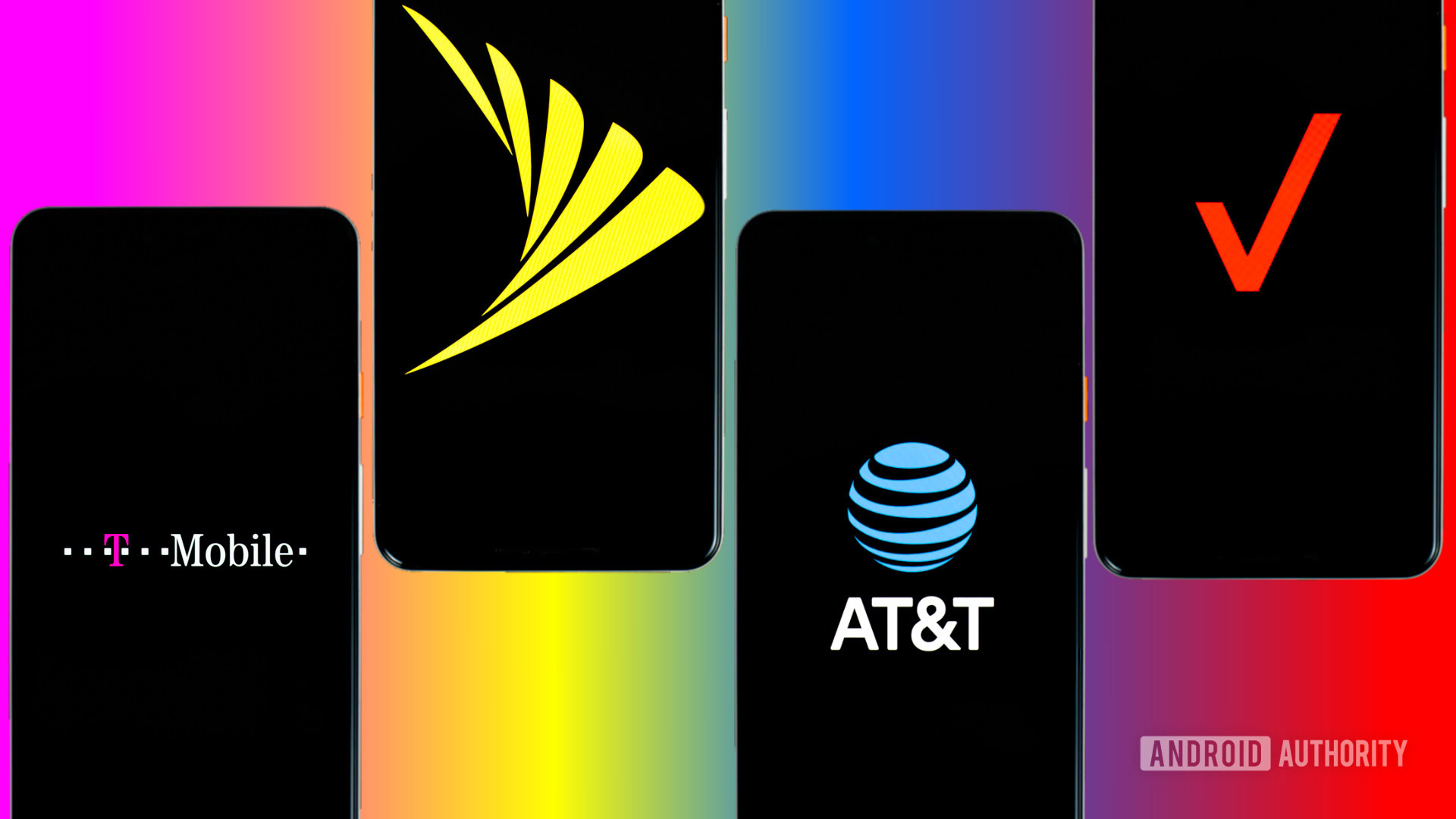Affiliate links on Android Authority may earn us a commission. Learn more.
T-Mobile attacked again by EFF over new "unlimited" data plan
August 22, 2016

It seems that the Uncarrier’s new “unlimited” plan is in hot water with digital rights group Electronic Frontier Foundation (EFF), but then again, did we expect any less? It was just late last week that T-Mobile hit off its Uncarrier 12 campaign; this time targeting carriers’ inefficient tiered data buckets and the shared data practice. It launched a new plan to rule them all, dubbed T-Mobile One, meant to be the mainstream’s solution to the data plan entanglement. Only, many of us concede that T-Mobile One is a bit too limited for an “unlimited” plan, and the EFF wholeheartedly agrees.

One of the standout misdeeds about the plan is that you’ll be stuck on Binge On’s video quality cap of 480p, unless you dish out an extra $25 a month, which the EFF’s senior staff technologist, Jeremy Gillula, strongly feels ‘runs afoul of the principle of net neutrality”. He goes on to suggest that the practice of limiting video streaming quality may also clash with the FCC’s Open Internet Order, which he says that ‘IPSs can’t throttle traffic based on its type, or charge customers more in order to avoid discriminatory throttling’.
That seems like a pretty solid argument. Another fine print under T-Mobile One is that users who reach 26GB of data or more a month may get throttled. We’ll see what T-Mobile has to say for themselves. Mind you, this isn’t the first time that Magenta has found itself in a pickle with the EFF and the accusation of violating net neutrality. Back when Binge On was introduced, T-Mobile’s colorful leader, John Legere, had some not so friendly backlash when the EFF attacked the carrier’s video bandwidth ‘optimization’, which he followed up with an apology.
We’ll have to wait and see if the conflict develops into something bigger, or if the two will just have to agree to disagree. For the record, Binge On is still alive and well. What do you think about the EFF’s accusations? Are they spot on, or do you think it’s too extreme to accuse T-Mobile of going against net neutrality principles? Let us know down in the comments!
Thank you for being part of our community. Read our Comment Policy before posting.